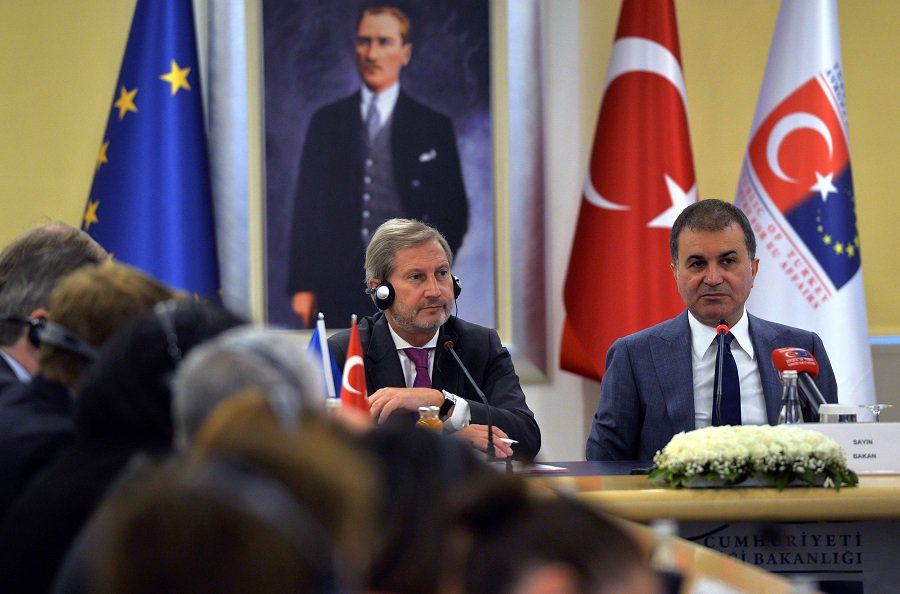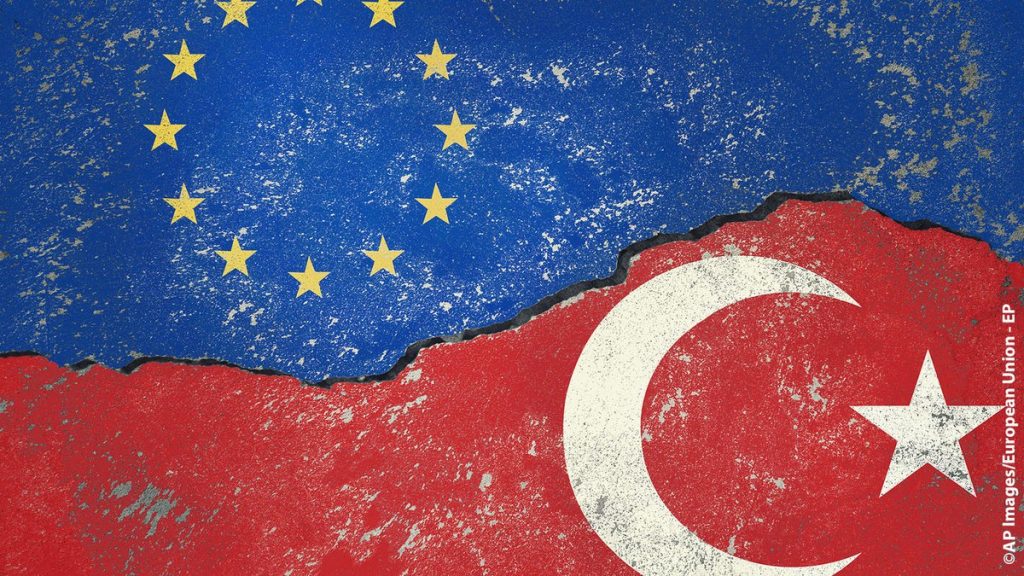One of the European Union’s major institutions has called for a reorientation of its relationship with Turkey. The European Parliament wants the EU’s accession talks with the candidate country to be suspended if Ankara implements plans to expand President Recep Tayyip Erdoğan’s powers.
These new powers, voted in after a controversial referendum in April, will usher in a new executive presidency for Turkey, while removing important checks and balances. The European Parliament argues these proposed constitutional changes and the threat of re-implementing the death penalty, as President Erdoğan has promised, go against EU membership criteria.
A resolution was passed in the European Parliament in Strasbourg on Thursday by MEPs who called on the European Commission and member states “to formally suspend the accession negotiations with Turkey without delay if the constitutional reform package is implemented unchanged.”
477 MEPs voted in favour, 64 voted against, while nearly 100 MEPs abstained in the vote, which is non-binding. The decision has been dismissed by the Turkish authorities as “invalid”.
Prime Minister Binali Yıldırım said: “It is not a very important decision from our perspective. It is also not something that was unknown. Similar decisions were made in previous months. This decision is invalid, null and void for us.”
Turkey’s EU Affairs Minister Ömer Çelik echoed that view, stating Turkey viewed Thursday’s vote as “invalid” and rejected any proposals to drop EU accession talks.

Surprisingly, Kemal Kılıçdaroğlu, leader of CHP (Republican People’s Party) – Turkey’s main opposition – has also criticised the decision. Currently on a “Justice March” from Ankara to Istanbul, during which he has been accompanied by thousands of people in the largest act of protest against the government since the 2013 Gezi Uprising, Kılıçdaroğlu said:
“I want to appeal to the European Parliament from here. We want justice for everyone. We want justice from you. Relations with the European Union should not be suspended; rather they should be pursued in a healthier and more consistent way.”
The CHP leader added, “Because justice is not only for Turkey, it is a concept that applies to all of humanity. I hope the European Parliament will be fair and decide on the continuation of relations with Turkey.”
European lawmakers take a different view. In a statement issued yesterday, they accuse Ankara of “backsliding” in the rule of law and media freedom. They point to the government crackdown following last year’s coup attempt and the ongoing state of emergency that has resulted in tens of thousands of politicians, journalists, teachers, police officers and other civil servants being jailed without trial or laid off since last summer.

Kati Piri, the European Parliament’s lead negotiator on Turkey, said: “This Parliament speaks with one, clear and loud voice in condemning the Turkish government’s serious decline in democratic standards, and continues to support the Turkish population — millions of whom would like to continue to see the EU as an anchor for reforms in their country. Together with you [Turkish people] we hope “Adalet” (justice) will return to Turkey soon.”
Turkey has been seeking membership of the EU for decades. Few believe it will happen. The relationship between member states and Ankara has deteriorated in recent months for a number of reasons, but significantly after President Erdoğan and his government colleagues were banned from holding rallies in countries with large Turkish communities who were due to vote in the Turkish referendum. The bans prompted an ugly exchange between Erdoğan and political leaders from Austria, the Netherlands and Germany.





